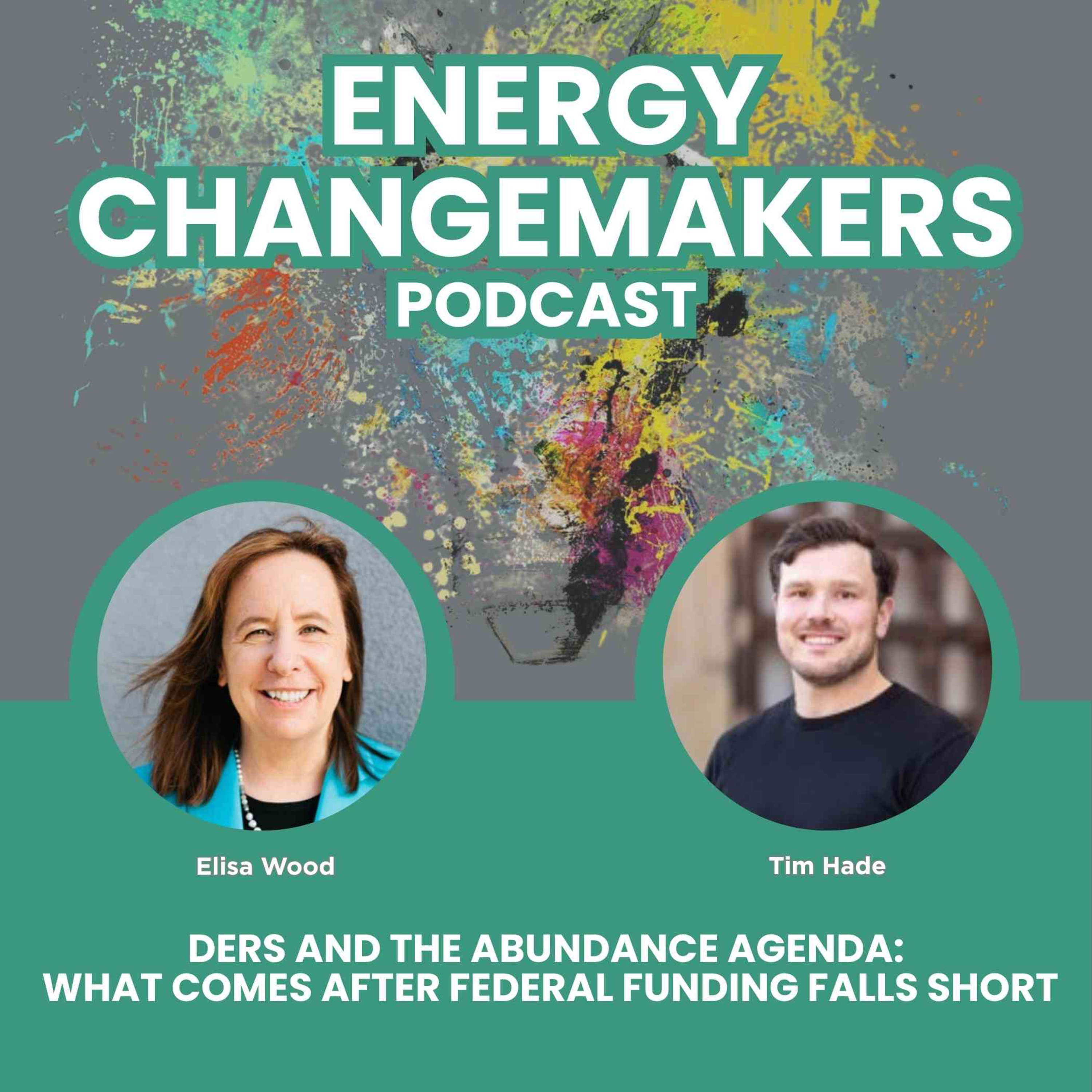Episode Description
In this episode, Elisa Wood sits down with Tim Hade to discuss why now—despite, or perhaps because of—federal policy turbulence, the distributed energy industry is poised for massive transformation. Tim unpacks his move to Santa Barbara (which, by the way, he calls “home to the worst grid in the continental U.S.”) and how that community could become a national model for DER-powered resilience.
They explore why community organizing is becoming just as crucial as engineering, how local governments are key players in energy infrastructure, and what role utilities can play in funding distributed solutions. From virtual power plants to the Distributed Capacity Procurement model, this conversation is a masterclass in building pragmatic, bottom-up energy systems in a time of urgent change.
If you’re worried about the future of distributed energy, this episode will give you a reason to hope—and a blueprint for action.
Key Topics:
Why load growth is reshaping utility priorities
Santa Barbara’s unique grid vulnerability—and opportunity
The role of local government in infrastructure resilience
Virtual power plants vs. legacy grid systems
Funding DERs without federal tax credits
Building community support and political will
Why DERs may thrive in a less supportive federal environment
Relevant Links:
Learn more about Tim Hade’s work: Scale Microgrid
Learn more about Leah Stokes’ research: https://www.leahstokes.com
SparkFund’s Distributed Capacity Procurement model: https://kleinmanenergy.upenn.edu/events/distributed-capacity-procurement-a-new-tool-for-utilities/
More from Elisa Wood: EnergyChangemakers.com
Call to Action:
Are you ready to be part of the shift toward decentralized, community-driven energy? Subscribe to the Energy Changemakers Podcast wherever you get your shows, and leave us a review to help this message reach more listeners. Join our newsletter at EnergyChangemakers.com for exclusive content and updates.
